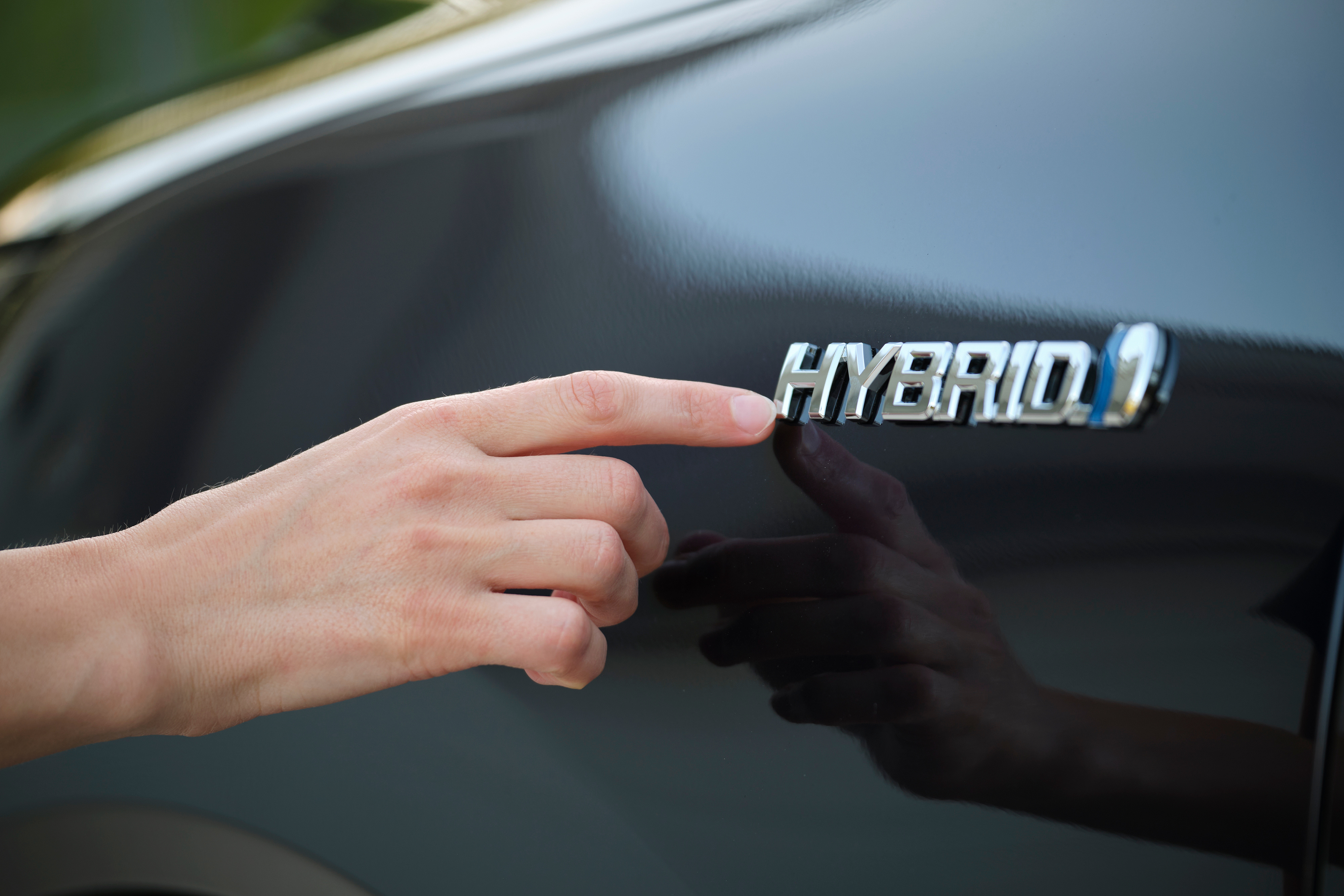
The AA’s Guide to Hybrid Acronyms
Confused with the ever-changing landscape of hybrid acronyms? Just when you thought you understood the difference between a hybrid and a PHEV, along comes a mild-hybrid-plus and the impressively named super-hybrid.
26 August 2024
So, you have just found that used car you were looking for. It ticks all your boxes, it’s the right colour, drives well, smells nice inside.
Next minute, there is a pool of oil on your driveway, a warning light on the dashboard, a weird noise coming from under the bonnet.
Most of us have had that sinking feeling, the dreaded buyer’s remorse. Even some of us with 30 years in the car industry, buying and selling thousands of cars!
Used cars are tricky things; great one day, then a headache (and heartache) the next.
There’s a lot to navigate.
That old saying ‘no stone unturned’ applies here. Whether you’re considering buying from a dealer or a private seller, background checking is a must. Ownership history is important as prior use affects a car’s value. Has it been a rental car? An Uber? A company vehicle?
Not all private sales are the same. Unlicensed traders are not obligated to provide consumer protection and probably won’t help you if something goes wrong. Has the seller listed or sold other cars recently? Ask them to explain. I recently challenged a seller about why their listing had recently changed ownership, their response was quite honest: “I just bought it to resell and make money.” That was enough for me to walk away.
Part of your research should always include a check for financial interests. Buying a car with outstanding money owing is not a dealbreaker but requires extra due diligence to ensure the correct loan settlement is repaid and any security interest is correctly removed from the PPSR. If in doubt, ask an expert.
The average time spent during the buying process is close to fifteen hours, so don’t rush it. If you miss out on a car, there is always another one around the corner. I have often succumbed to the pitch ‘if you don’t buy it now, someone else will,’ but when you are pressured to buy, it’s easier to miss hidden gremlins.
Over 45% of vehicle sales in New Zealand are transacted privately. Are they better deals? Sometimes. But you should balance the lower price against the lack of buyer protection. Private sales are not covered by the Consumer Guarantees Act, which can make resolving issues with sellers more problematic.
The perception that dealers are making thousands in profits is a misconception. Industry averages put gross margins per vehicle at around $1,200 (excluding finance margins). Yes, you typically pay a higher transaction price with a dealer, but you are getting more in aftersales support and buyer protection. Find a reputable dealer here.
It’s human nature to want the best deal possible. But haggling over the last $500 on a car worth $20,000 is less than a coffee a day when extrapolated over the total cost of ownership. Negotiating 101: know when to hold ‘em, know when to fold ‘em!
I recently carried out an inspection on a four-wheel drive vehicle. I thought it was mechanically sound, but intuition told me to get a second opinion. An AA Pre Purchase Inspection told me otherwise, the engine, gearbox and differential were suspect. Somewhat embarrassing for my ego, but the extra eyeballs were worth every cent.
My go-to questions before I book a viewing time are: How many factory remote keys are there? Are there any windscreen chips or cracks? What’s the tyre tread depth? Is there any animal, dampness or tobacco odour inside? Rectifying these items can be expensive as the little things add up.
Trading in your car is convenient, but convenience comes at a cost. Shop around. Dealers’ trade-in values can vary widely based on their retail demand for your type of vehicle. Some dealers wholesale your trade-in vehicle to a third party, while others will keep it for their own inventory, meaning they can offer a stronger trade-in price.
How the AA can help with your next used car purchase: